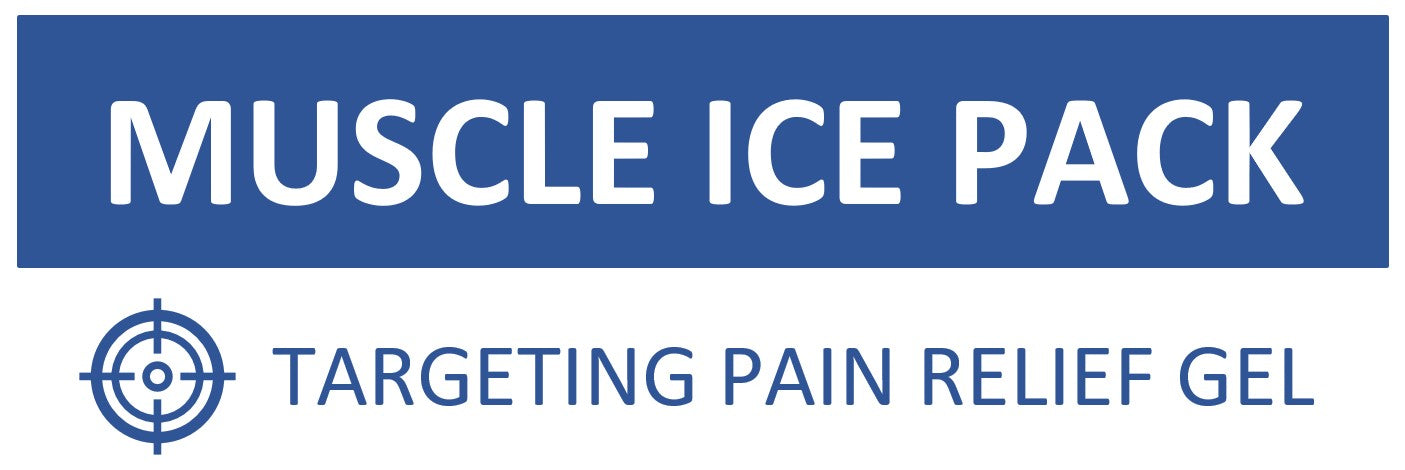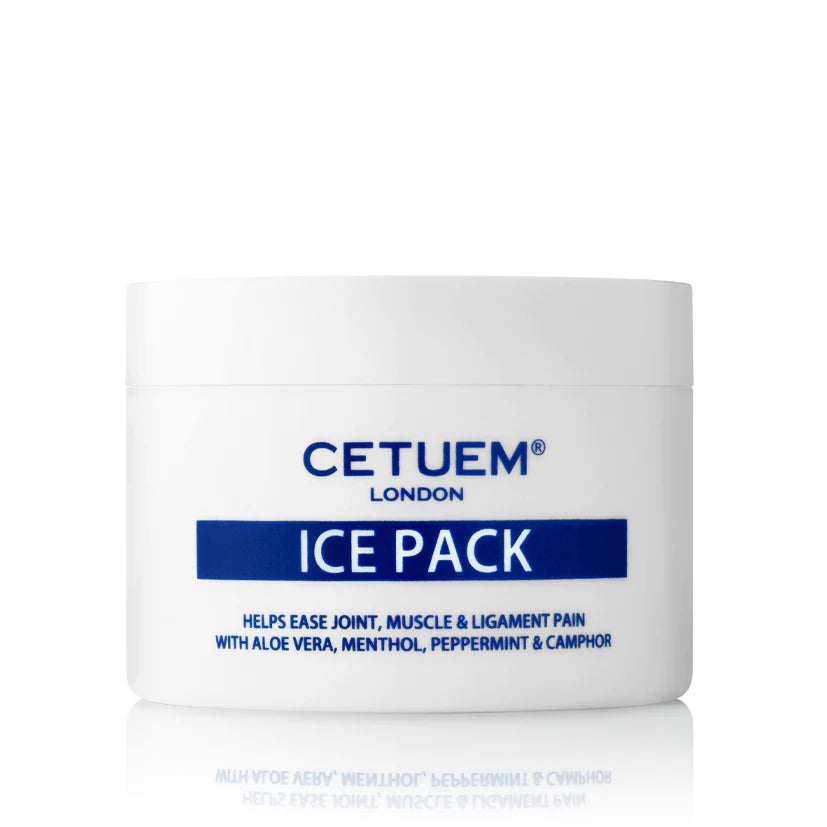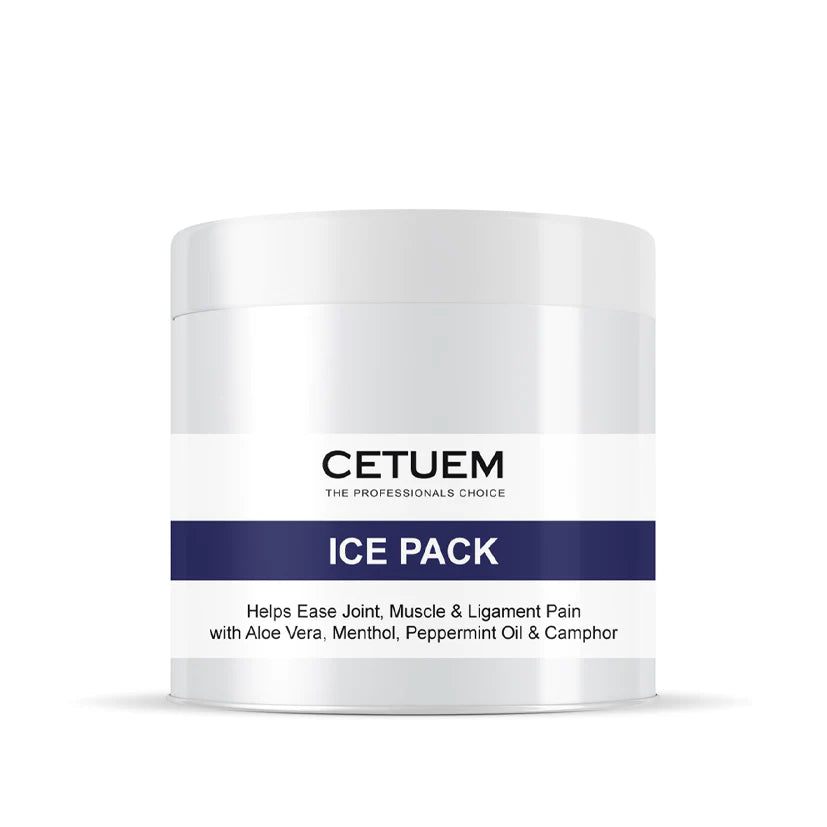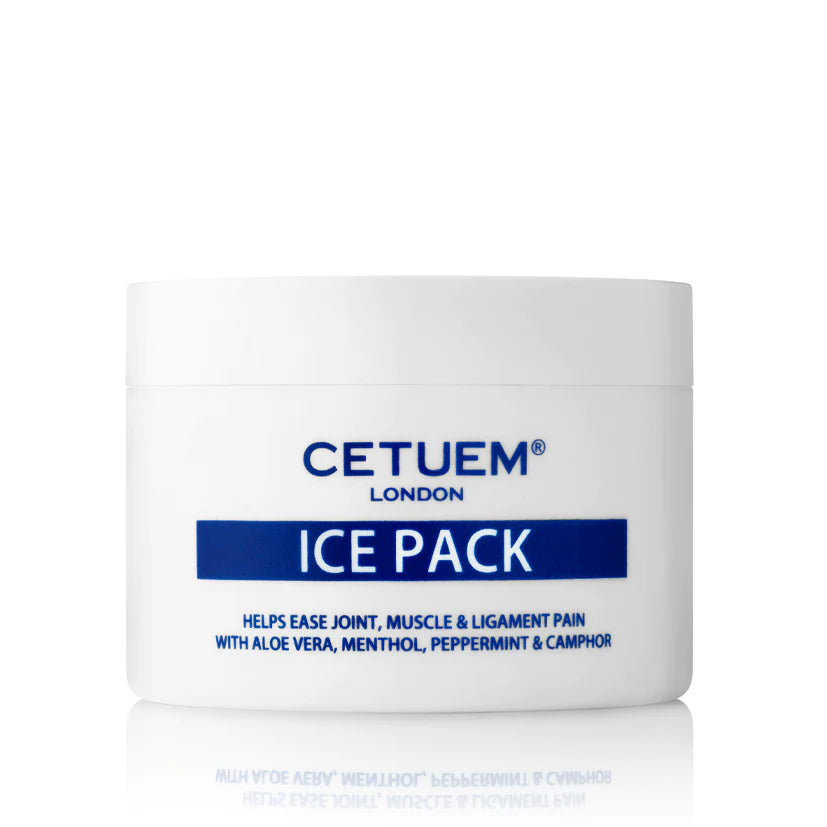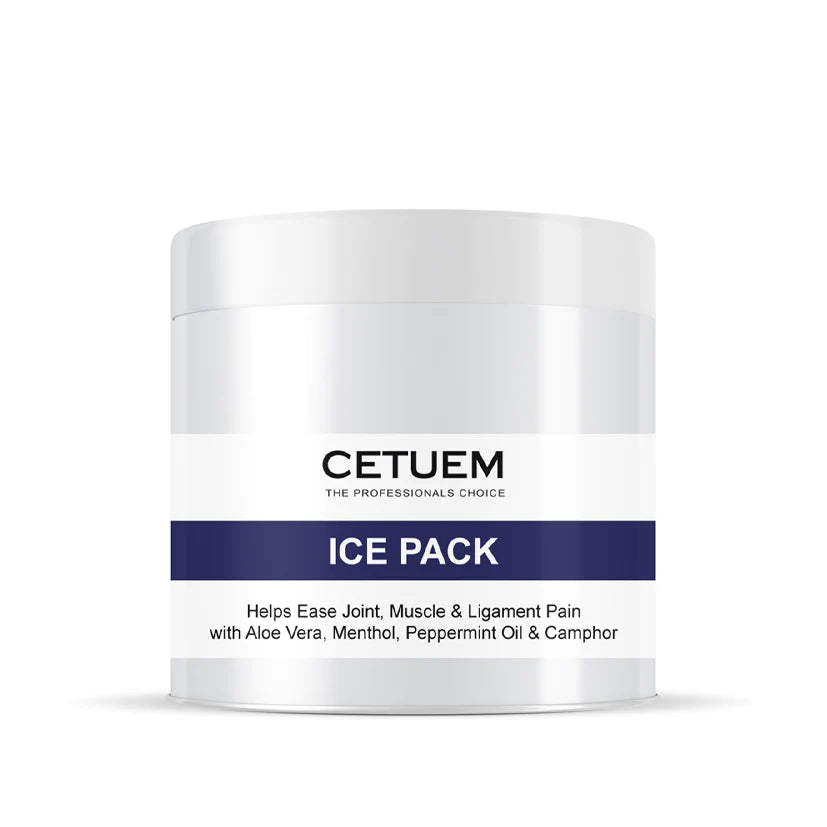Back pain is a common problem that can interfere with a person’s work and personal life. It’s a a distraction that many of us will suffer from at some point in our lives, no matter how fit and healthy or resilient we might think we are!
Back pain can be sporadic or chronic, and can require a doctor. There’s lots you can do to help and we wanted to bring you a useful summary of all the things that our community has pulled together.
1. STRETCH
There’s loads of stretches out there but here’s our shortlist:
- Lay on your back and pull you right knee towards you and hold with two hands for 10 seconds. Switch to you left leg and do the same. Repeat 3 times on each leg.
- Lay on your back with your arms spread out horizontally, ‘roll’ over your body slightly to your left hand side keeping both hands touching the ground but with your right leg now tying to touch the flor on your left hand side. Hold for 15 seconds. Repeat on the other side.
- Stretch your neck by looking up, down, left, and right. Hold in each location for 5 seconds.
- Stand firm with your legs shoulder width apart. Hold your arms up and twist to the left slowly. Do the same on the right hand side. Keep your feet planted at all times.
- Stand with your feet together. First, slowly reach to the floor (or as far as you comfortably can – reaching your knees is perfectly okay!). Then reach to the sky. Then reach to the left with both hands. And then finally reach to the right with both hands.
- Lying on their stomach, with hands face down beside the shoulders, a person should gently lift their chest so that the top of their head points toward the ceiling.
2. EXERCISE
Do the right workouts – add a bit more cardio to your routine for all round fitness improvements. Swim, Walk, Cycle. Cardio tends to give you a low-impact all body workout that can help drive increased blood pressure to different muscle groups.
Exercise may loosen tense muscles and release endorphins, the brain’s natural pain relievers.
3. SLEEP
Think about your sleeping or resting position – we recommend lying on your side with you back straight. Bring both of your knees forward so you’re almost in a crouched fetal position. For even more comfort (and if you’ve got a spare one), place a pillow between your knees.
And put simply, make sure you sleep enough! Sleeping is a great time for our bodies to recover.
4. SHOES
If you’ve got back ache, you need to get out of those lazy flip flops or those stiff work shoes. Make comfort your priority and wear trainers with good arch support. If you’re a runner, it’s worth investing in running shoes suited to the shape of your foot. Places like www.nike.com and www.asics.com or www.runnersworld.com are great places to find out what’s best.
5. INSOLES
Don’t have trainers or not ready for your new pair? Try insoles – these can be a useful alternative for some added support.
6. POSTURE
Don’t slouch as you may have been told growing up! – It’s true, slouching is no good. Don’t slump over your keyboard all day at work. Sit upright & take rests from the desk.
7. LIFT
By LIFT, we mean DON’T LIFT – Your back is in pain, don’t overdo it. Don’t lift too much or excessive amounts. Use a cushioned back pack, switch arms and don’t hold things for too long.
8. ICE
Back pain can give you a lot of unwanted discomfort. Icing is a great solution to injury recovery and there’s no better way to achieve this cooling effect than our Muscle Ice Pack. Actual ice is messy and can often irritate the skin. Our gel is soothing and easy to apply.
9. BATH
Yes, having back pain is a good excuse to have a nice bath & we recommend adding salts. Salt can help relax inflamed muscles. Take this as an opportunity to work on your back muscles too – you can roll on a tennis ball.
10. PAIN RELIEVERS
Simple pain relievers can help such as paracetamol but we only recommend this for a short period of time to get you through discomfort.
11. STILL IN PAIN
Get in touch with your local medical expert – doctor, physio, osteopath, chiropractor etc..
We hope this article helped
